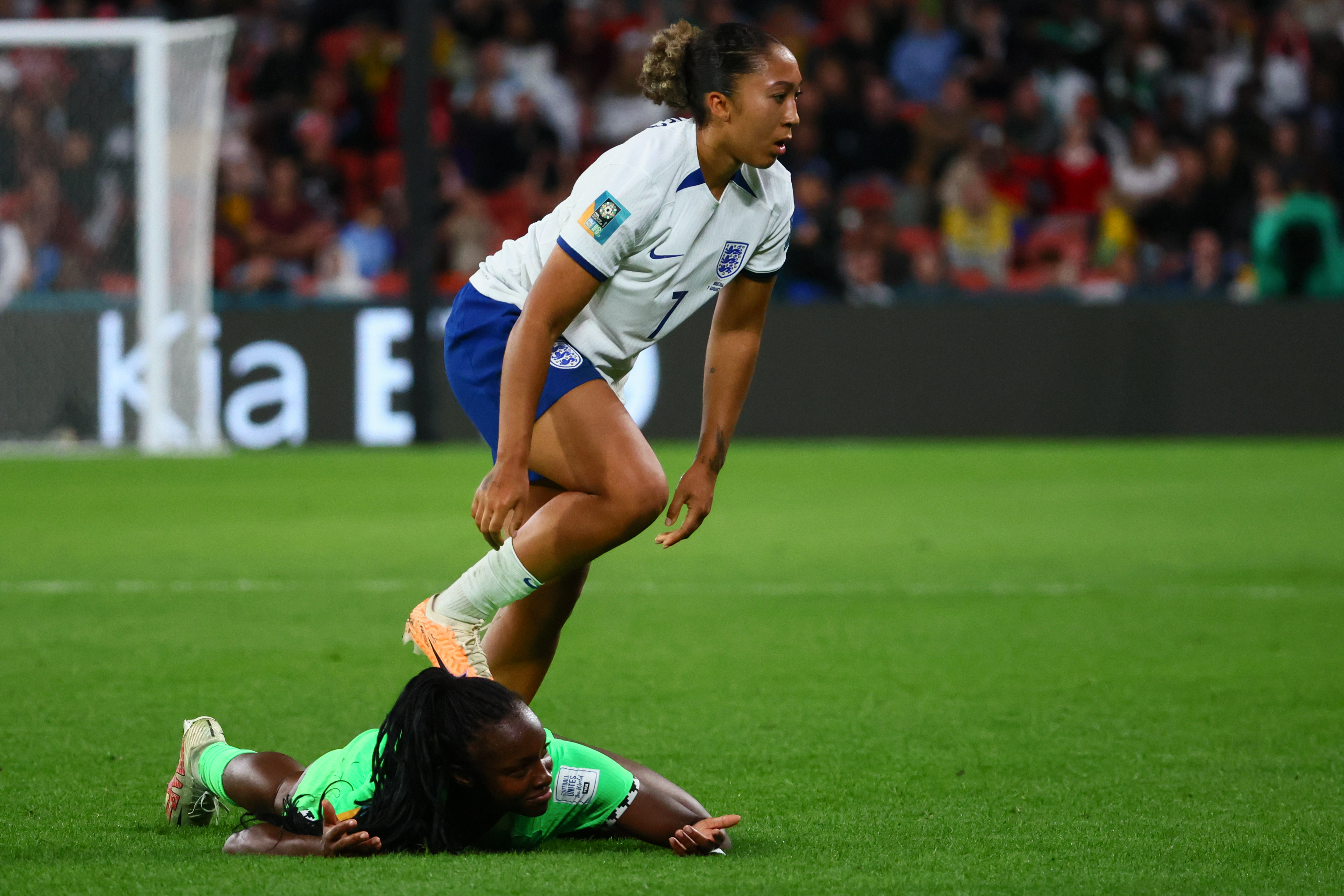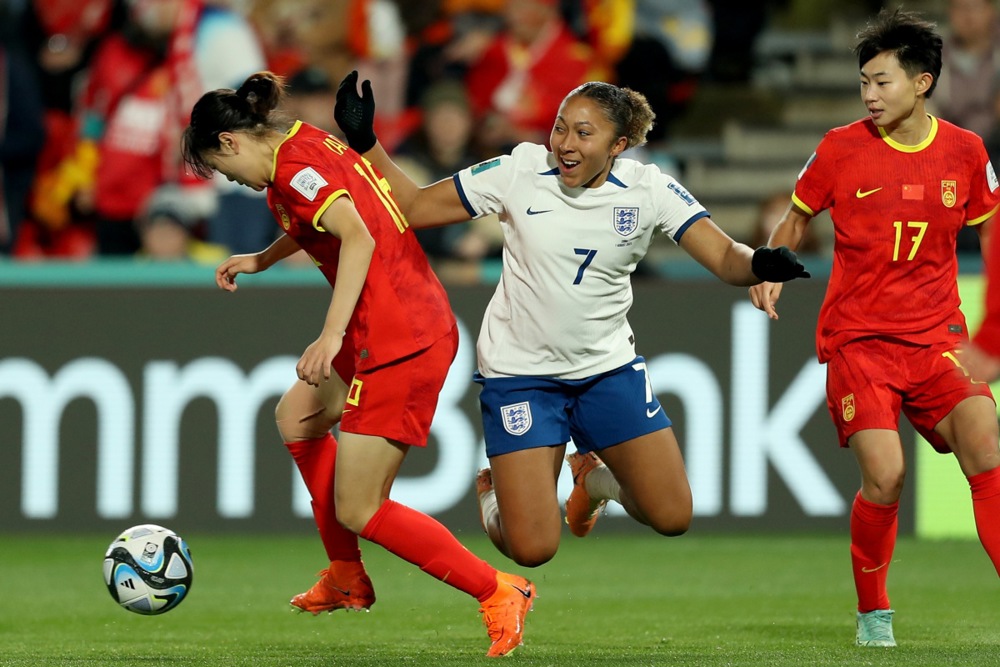A seeming innocuous incident, but of utmost importance, happened on the day, the Niger Republic military adventurists announced the closure of the country’s airspace in a show of force or to rebuff the condemnation that trailed their coup. A British Airways Airbus A380 from Johannesburg to London Heathrow was reported to have gone on a 10-hour “flight to nowhere”, when Niger’s airspace was suddenly closed after the plane had taken off. And because airspace of Sudan and Libya is already closed, coupists’ action means 2,600 miles of Africa’s airspace from Western Niger to the Red Sea is blocked to flights. Other flights from Cape Town and Nairobi were similarly diverted or returned to base. The lives of about 500 people on each of these flights were severely risked because of the ambitions of power mongers in Niger.
Such is the fallout of Niger’s avoidable coup that if not swiftly nipped in the bud, could have domino effects including deaths and arms flow to further bolster regional instability. On the other hand, civilian uprising against underperforming governments and economic stranglehold of colonial masters, can be explored.
Only two days ago, a new group headed by a former rebel leader and politician in Niger launched a movement to oppose the new military junta that overthrew Mohamed Bazoum on July 26. Headed by Rhissa Ag Boula, the Council of Resistance for the Republic (CRR) aims to reinstate Bazoum. This being the first sign of internal resistance to the coup, the group claimed to be in support of any action ECOWAS takes against the coup people. How many more of such a group are in the offing?
While we hope the Niger debacle does not become a full-blown war that could turn the country into the playfield of international interest groups, and by extension distabilise Nigeria, or inadvertently draw Nigeria into a war it never envisaged, the emergence of CRR is a sign of things to come—total chaos. Niger could become Libya that has remained unstable and rudderless more than 10 years after its leaders in Tripoli and Benghazi turned against each other “necessitating”a Western intervention. Sudan has since joined that rank of instability. Should ECOWAS watch and do nothing?
Already, Mali and Burkina Faso have technically rebuffed ECOWAS. Pray, what is the use of coming together as a regional body and all the treaties entered into if ECOWAS cannot call recalcitrant members to order?
The ECOWAS protocol on democracy and good governance abhors coup. Its recent pronouncement is in keeping to that protocol. Again, its past efforts in restoring democracy to Sierra Leone does not in any way portray it as a war-seeking body. Instead, the new military government is defiant; they disallowed General Abdulsalami and the Sultan’s emissary, while consolidating, to legitimize an obviously illegal government.
This and more are what ECOWAS, incidentally headquartered in Nigeria and at present led by Nigeria’s new President Bola Tinubu was quick to avoid in their first offer of dialogue and threats, sanctions, attempts at negotiation and dialogue, and finally the latest talk of deployment of a standby force, as diplomacy seems to be failing.
For our insurgency and banditry-weary Northern states bordering Niger Republic and attendant effects—insecurity, IDPs, hunger and poverty—war is not an option. But because Tinubu spoke forcefully against coups in the region when he took over as ECOWAS chairman, people now assume ECOWAS’ position to be his.
Dialogue or democracy, ECOWAS had to come in no matter how inconvenient. However, while the regional body can intervene militarily, it is almost politically impossible to do so. Therefore, the talk about Tinubu forcing the hands of ECOWAS to start a war does not arise. Nigeria cannot unilaterally use force in a collegiate arrangement that ECOWAS is. Besides, I understand that no regional group (like ECOWAS) can apply force without the UN’s consent and with regards to Niger, you can be sure that France and Russia will veto such at the UNSC, (UN Security Council) if it comes up.
it is also true that Nigeria has not, or is not pursuing the path of peace, dialogue and diplomacy to resolve the Niger issue. On Tuesday, Sanusi Lamido Sanusi, the former Emir of Kano paid a visit to the junta leader. Sanusi said he was not an emissary of the Nigerian government, but the government was aware of his mission to Niger, backing it up with a return trip from Niger to President Tinubu. Sanusi might not have disclosed the full details of his visit, but the diplomatic overtures could not have happened if the government was intent on waging a war against Niger Republic.
From the coup issue came another discourse about the economic liberation of francophone countries and Africa in general. This is very germane to the development of the continent or lack of it. Supporters of the Niger coup have used their exploitation by France to justify their action. However, working with Wagner is like trading one colonial master for another, and replacing colonialism and economic exploitation with neo-colonialism. Russia’s Wagner is not on ground in Africa for the fun of it. Simply put, their steady encroachment can engender another form of cold war being “fought” on the African soil.
There have been talks that the coup is a signpost for Niger’s economic liberation. Africa should liberate itself from imperialism and economic exploitation, the type France has imposed on its former colonies since independence—not that Anglophone countries like Nigeria are better), but Niger is going about it the wrong way. With Russia in and China by the door, I hope Niger’s case will not result into another divide and rule tactics of the past, and finally a recourse to another Berlin Conference.
Yes, we must assert ourselves. We must control our natural resources and Niger must exploit their huge deposits of uranium for the development of their country, but we don’t need a proxy war to achieve this objective.
All diplomatic options should be explored towards amicable resolutions. According to Ambassador Usman Sarki, permanent sovereignty of peoples and nations is part of UN resolution; and this impasse has provided the leeway for Niger, nay Africa to assert their powers over their natural resources.
Coup is an unconstitutional, unlawful and illegal takeover of power, so is Niger’s. Niger as a member of ECOWAS is a signatory to all their pacts, treaties and protocol and President Bola Ahmed Tinubu, in his capacity as chairman of the regional body has a responsibility, in consonance with his colleagues, to act, speak up and condemn it. And as the saying goes, when your neighbour’s house is on fire, you have to be watchful, because it could be your turn. This for me is the summary of what our President has done so far.


